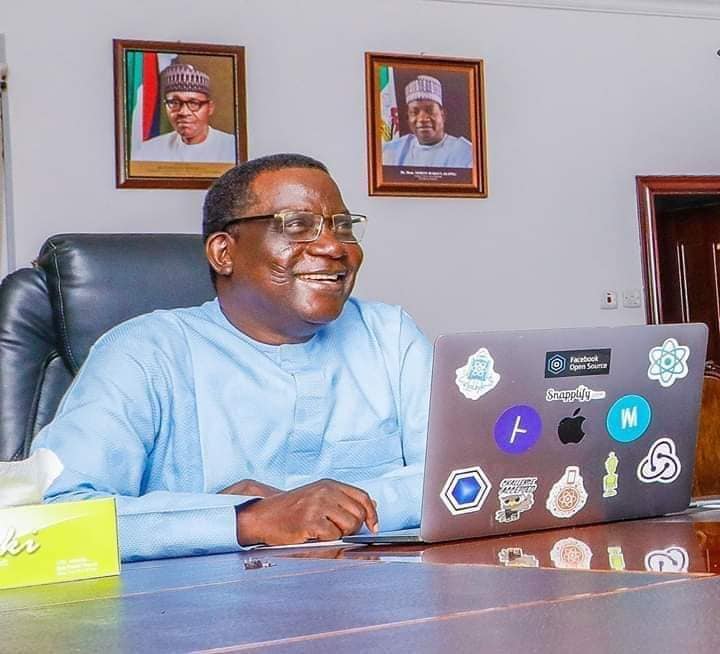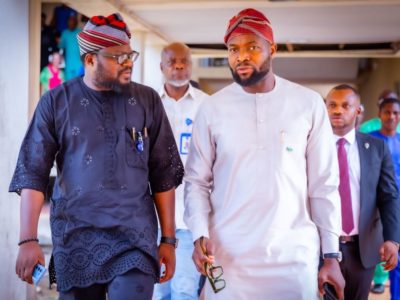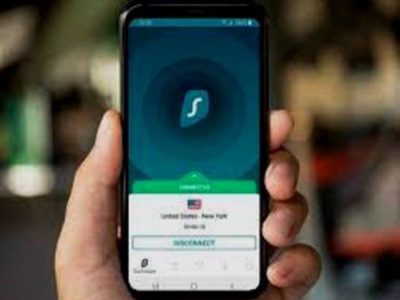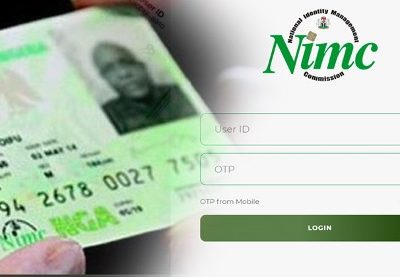Governor Simon Lalong has given approval for use of all government Internet access at off peak hours in public and innovation spaces as the state begins its new Internet 4 Innovation Policy to widen digital access to more citizens and small businesses.
Under the new deal, all Plateau state ministries, departments and agencies (MDAs) are mandated to broadcast or allow Internet access when not in use to designated hotspots in order to spur positive social and economic changes among young people and struggling small businesses.
The state has improved Internet access within government administrative machine as many MDAs have already deployed internet infrastructure with relatively robust access. But it is largely under-utilised after work hours.
The new move by the Lalong administration provides a framework to deliberately support a threatened ecosystem largely driven by private tech hubs and also open the digital spaces to thousands of young people in schools and training centres across the state.
New policy to spur innovations with multiplier effects
One of the goals of the Internet 4 Innovation Policy is to leverage this internet infrastructure when idle. The endgame is to take off the heavy cost of internet access to a huge and strategic number of the virile young population by about 80% or more and spur innovations with the expected multiplier effects.
As the scheme goes into operation, the Plateau State Information and Communication Development Agency (PICTDA) is expected to provide a strong security protocol for innovation hub owners and digital space managers granted such access.
Lalong, Nigeria’s ICT Governor of the Year 2020, recently launched a scheme to protect tech freelancers and software developers against harassments by security officials as part of the moves to make Plateau state a top destination for techies, innovators and digital investments.
Unaffordable Internet slowing economic growth
While Nigeria has recorded impressive internet access in the last five years, many of its young and vibrant population still struggle with unaffordable internet. Outside of major cities like Lagos and Abuja, Internet is slow, costly and unaffordable significantly stunting economic growth and potential of millions of Nigerian youths to engage in the digital economy.
Statista notes that in 2020, Nigeria had 99.05 million internet users. This figure is projected to grow to 131.7 million internet users in 2023. The internet penetration amounted to 46.6 percent of the population in as at January2021 and is set to reach 65.2 percent in 2025.27 Jan 2021.
Through the Internet 4 Innovation Policy, Plateau state wants to instigate the growth of digital innovation hubs and affordable smart spaces for work, education and social mobility.
“The Internet 4 Innovation Policy captures Governor Simon Lalong vision to build digital capacity in young people, provide limitless opportunities to encourage innovation and ultimately, make Plateau state the cost-effective destination for tech enterprises – the hub for Nigeria’s digital economy,” said Director General, PICTDA, David Daser.
While the United Nations Sustainable Development Goals (SDGs) include provisioning universal and affordable access to the internet in least developed countries (LDCs) by 2020, the challenge has remained how to expand access in the highly under infrastructure economies of developing countries including Nigeria.
In 2015, the United Nations declared that access to the internet is a human right because access is critical for doing business, networking with the rest of the world, improving education, accessing and sharing information as part of a global community.
But not many governments have been able to creatively work round the challenges to provide access to millions of citizens and help close the digital divide.
Plateau set to close digital gaps
Plateau, in central Nigeria, appears set to close the digital gaps. The Internet 4 Innovation Policy is targeting to further support digital responses of young people spurred by the difficulties of the COVID-19 pandemic; and also empower the innovation spaces for young Nigerians
The new scheme will be implemented under the larger vision of the Plateau State ICT Policy to create and boost a digital economy by making digital inclusion more realistically achievable without further overburdening the government, said Daser.
Once in full operation, Plateau state expects the scheme to offer increased opportunities for youth empowerment, improved access to education services, help to foster social development of communities where such hot spots exist and expand the reach of task-based work through online outsourcing platforms.































